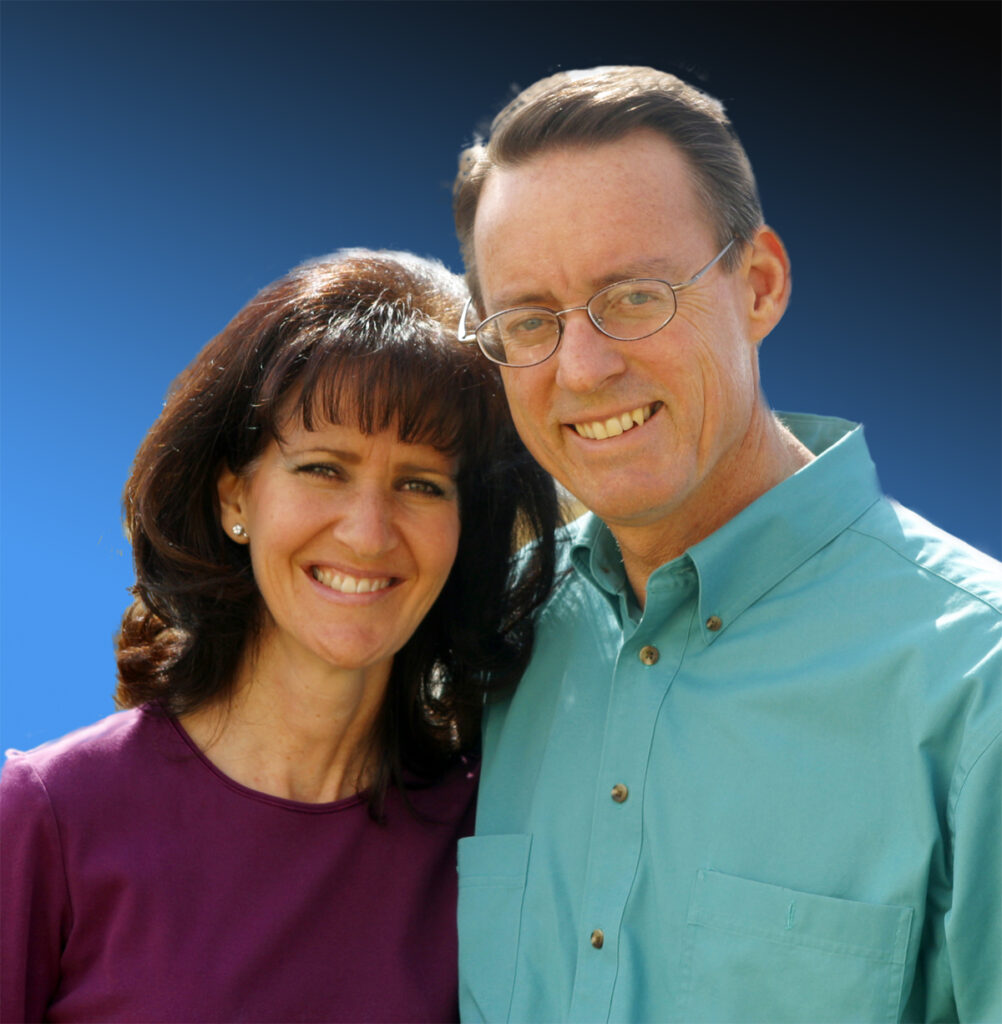Kathy has many years of experience working with government, business, and educational leaders. While living in Washington, D.C., she served as executive assistant to a U.S. senator. She later returned to Brigham Young University to earn a master’s degree in public administration and graduated with honors. Kathy founded New Haven in 1995 with her husband, Mark.
Kathy said of her late husband: “I do not believe that he will be far away from me. His demise to cancer does not mean an end to his influence; rather it is just the beginning of a lifelong legacy. Certainly, it would be like Mark to not want any credit for this; but the truth is that his influence will live on for years to come, even though he could not stay with us any longer.”
Since Mark’s passing, Kathy has dedicated her time to her four children and is heavily involved in civic and church service.
Of the founding of New Haven, Kathy writes: “Our entrepreneurial journey has been exciting, to say the least, and New Haven has dramatically exceeded our [original] expectations. It has become a miraculous legacy of giving and loving. It has been a privilege for us to be a part of something so good, and an honor to share our lives with so many wonderful employees and families.”
Born and raised in California, Mark attended Brigham Young University on a swimming scholarship. He received a bachelor’s degree in psychology with an emphasis in secondary education, then continued his education at BYU and received a master’s degree in marriage and family therapy. He enjoyed supervisor status through the American MFT Association and worked with adolescents in hospitals and residential centers for sixteen years as a clinical director and program coordinator. Mark designed the inspired foundational philosophy upon which New Haven’s program is based (New Haven’s six Values). He was deeply interested in the role of spirituality in the healing process, the value of love in the therapeutic process, and systems theory. His expertise was in Adlerian psychology and the use of natural and logical consequences to effect change. Mark passed away in July of 2005 after a heroic struggle against cancer.
Mark felt that a change of heart was what troubled youth needed more than a change of behavior. He often emphasized the use of love over behavioral interventions, because of “its permeating influence over [everything else].” He was a fierce champion of residential treatment, and wrote that “a brief interruption in the family system is sometimes requisite to bring about change. It takes time to allow staff to model love, time for the family members to deal with the resentments in the family system, and time to build trust and walk together down a new road without the fears of the past.”
In 2005, at the time of Mark’s passing, Dustin wrote: “Mark contracted colon cancer in 2001. It would eventually spread. But he refused to be defined by his disease. He fought it bravely, defying death, doctors, and despair for four years. When I visited him a few weeks before he passed away, his once broad, powerful shoulders, built over years of swimming, were stooped and rounded, his body weakened from the illness and the medical treatments. But his eyes were blue fire, bright and intense and intelligent. He spoke briefly of living with pain and frustration and the change it had wrought in him. He discussed his shift in priorities, the yearning for a closer relationship with God and time with his family, and the increase in peace he’d been feeling. He seemed pleased when I remarked that his eyes looked as if they were filled with light. I left his home strengthened by the calm and goodness I had felt there.”
Toward the end of his life, Mark told Kathy that he no longer feared death. His faith and strength, his integrity and strict adherence to his values afforded him no regrets and a life well lived.
